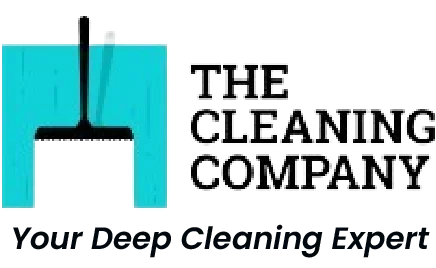The Importance of a Clean Environment for Businesses: Boosting Productivity and Reputation
A clean and well-maintained environment is essential for businesses of all sizes and industries. It impacts more than just aesthetics—it plays a significant role in enhancing productivity, ensuring employee well-being, and establishing a positive impression on clients and visitors. In this blog, we’ll explore the importance of maintaining a clean environment for businesses and the benefits it brings.
1. Boosts Employee Productivity and Morale
A clean and organized workspace contributes directly to employee efficiency. When the workspace is free from clutter and maintained well, employees can focus on their tasks without distractions. Research has shown that employees working in clean environments tend to be more productive, motivated, and less stressed. A clean environment also helps reduce the risk of illnesses, leading to fewer sick days and maintaining the flow of work.
Promotes Health and Safety
Ensuring cleanliness in the workplace directly influences the health and safety of employees and visitors. Regular cleaning, sanitization, and proper waste management reduce the spread of germs, allergens, and harmful bacteria. A hygienic workspace lowers the risk of illnesses spreading, promoting a healthier environment that minimizes employee absenteeism and ensures smooth business operations.
2. Creates a Positive First Impression
First impressions matter, especially for businesses looking to build strong relationships with clients, partners, and visitors. When clients walk into a well-maintained office, it communicates professionalism, attention to detail, and a strong sense of care. A tidy environment can enhance your business’s reputation and increase trust among your stakeholders. Whether it’s a potential client or a partner, a clean workspace speaks volumes about your company’s values and organizational standards.
3. Promotes Health and Safety
Ensuring cleanliness in the workplace directly influences the health and safety of employees and visitors. Regular cleaning, sanitization, and proper waste management reduce the spread of germs, allergens, and harmful bacteria. A hygienic workspace lowers the risk of illnesses spreading, promoting a healthier environment that minimizes employee absenteeism and ensures smooth business operations.
4. Increases Employee Satisfaction
A clean environment contributes to higher employee satisfaction and retention. Employees value working in a space where their health and well-being are prioritized. When they see that their employer invests in maintaining cleanliness, it fosters a sense of belonging and commitment. An organized and clutter-free workspace helps employees feel more comfortable, safe, and valued, leading to improved job satisfaction and overall morale.
5. Enhances Brand Image
Your workspace is a reflection of your brand. A clean and professional environment sends a strong message to clients and partners that your business is detail-oriented and takes pride in delivering high-quality services. Whether it’s a retail space, an office, or a manufacturing unit, cleanliness boosts your brand’s credibility and positions your business as trustworthy and reliable.
6. Ensures Compliance with Industry Standards
Many industries have specific regulations regarding workplace hygiene, especially those in the healthcare, food, and manufacturing sectors. Failing to maintain a clean environment can lead to legal complications, non-compliance penalties, and even the closure of businesses in extreme cases. Keeping up with cleanliness standards helps businesses remain compliant and avoid costly repercussions.
7. Long-Term Cost Savings
Regular cleaning and maintenance extend the lifespan of office equipment, furniture, and the physical structure of the building. Dirt, dust, and neglect can cause wear and tear to assets, leading to expensive repairs or replacements over time. By investing in regular cleaning, businesses can avoid major maintenance costs and ensure the longevity of their facilities and equipment.
Conclusion: A Clean Environment is a Business Asset
The importance of a clean environment in a business setting cannot be overstated. It impacts employee health, productivity, brand reputation, and overall business success. By prioritizing cleanliness, businesses not only create a better work environment but also position themselves for long-term success. Investing in regular cleaning services or implementing in-house maintenance strategies is a small step that yields substantial benefits.
Whether you’re a growing startup or an established corporation, making cleanliness a core value can help you enhance your company’s image, promote employee well-being, and stay ahead of the competition.
